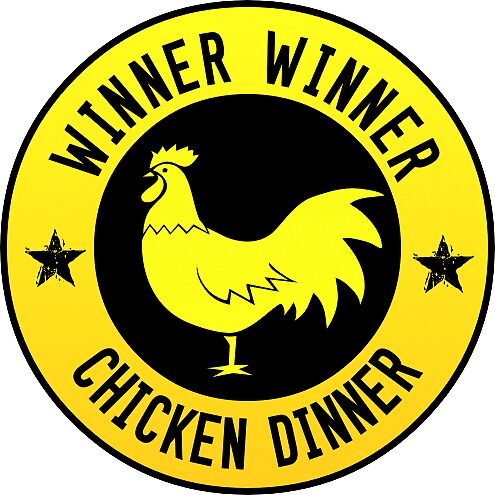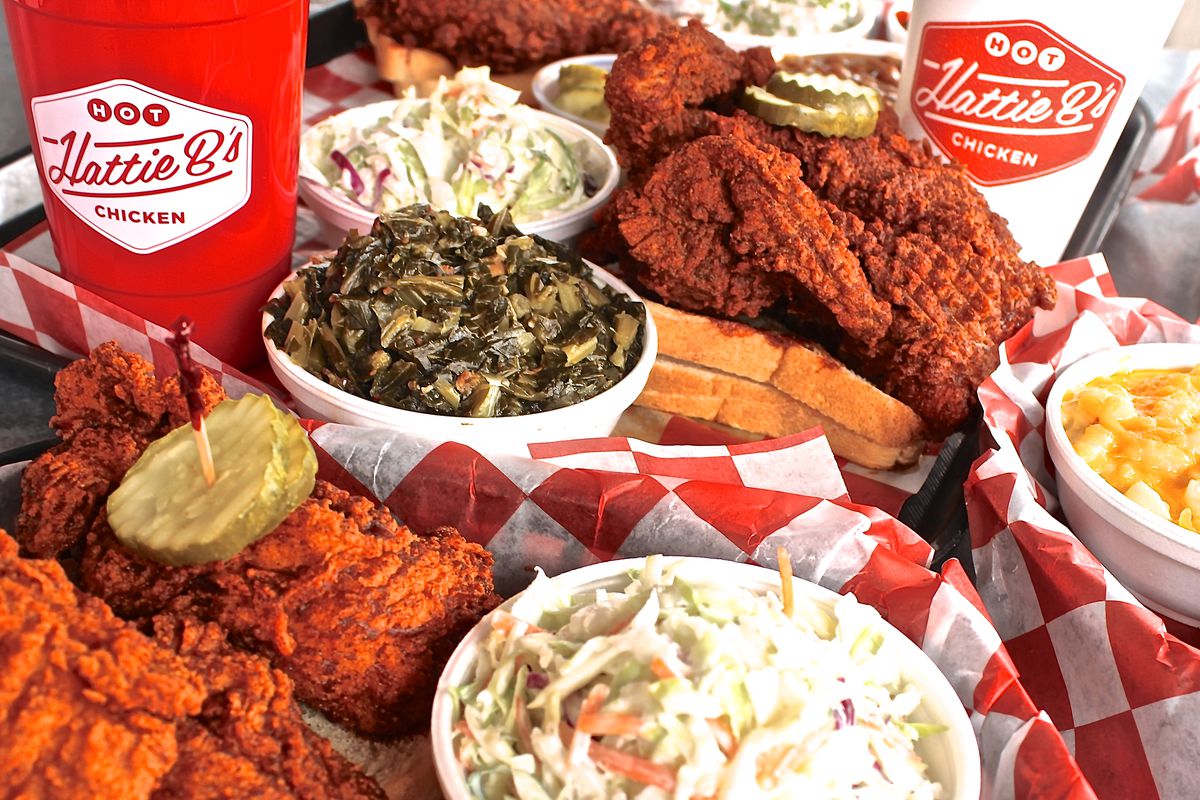I do Intermittent Fasting (IF), combined with nutritional timing, meaning I delay my carbohydrate intake for the day until post workout. Although I do workout regularly (3 days a week), I believe that IF is beneficial even for those of us that don't work out.
At first IF is a bit difficult, but in time the body gets used to it, and Ghrelin (the hormone that makes us hungry) cycles with the new eating patterns. The effects of low blood sugar that we get from eating as often as we do are more of a withdrawal symptom than a real issue (hyperglycemic and hypoglycemic people aside).
The problem with eating regularly is that Lipase, the pancreatic enzyme that breaks down fat, is directly affected by insulin in the bloodstream, meaning, if our insulin level is at a certain level, we cannot 'burn' fat as an energy source. Consequently, we can carry extra fat, and still feel like we have low energy at the tail end of the insulin levels coming down. So, we end up eating again, for energy. And the cycle continues. Here we have this energy in the form of fat, but cannot use it as long as insulin is at a certain level.
For me, IF has actually been the first time in my life that I've actually started to achieve results that I always wanted and never got before, namely being leaner AND continuing to gain muscle. Fasting is different than long term caloric deficits (aka "diets", which causes the body to start to burn not only fat, but muscle as well). Additionally, IF actually increases metabolism, as well as increases human growth hormone and testosterone. It's also reported to increase cognitive focus, which I find to be true for myself.
I also have to say that personally I find fasting easier than doing reduced portions per meal.
I would be remiss if I didn't mention that it's imperative to consume enough water when fasting - to actually increase one's water intake. Fasting (as with any more rapid weight loss) can cause an increase in uric acid in the system, which requires ADDITIONAL water intake to flush. Without the increase in hydration, typical uric acid / gout-like symptoms can result.
Anyway, I strongly suggest anyone who's interested in IF to do their own research, AND to consult their physician first, because we are all different (despite being human) and what works for some can be detrimental to others.


